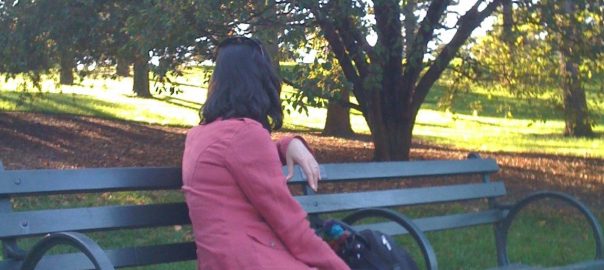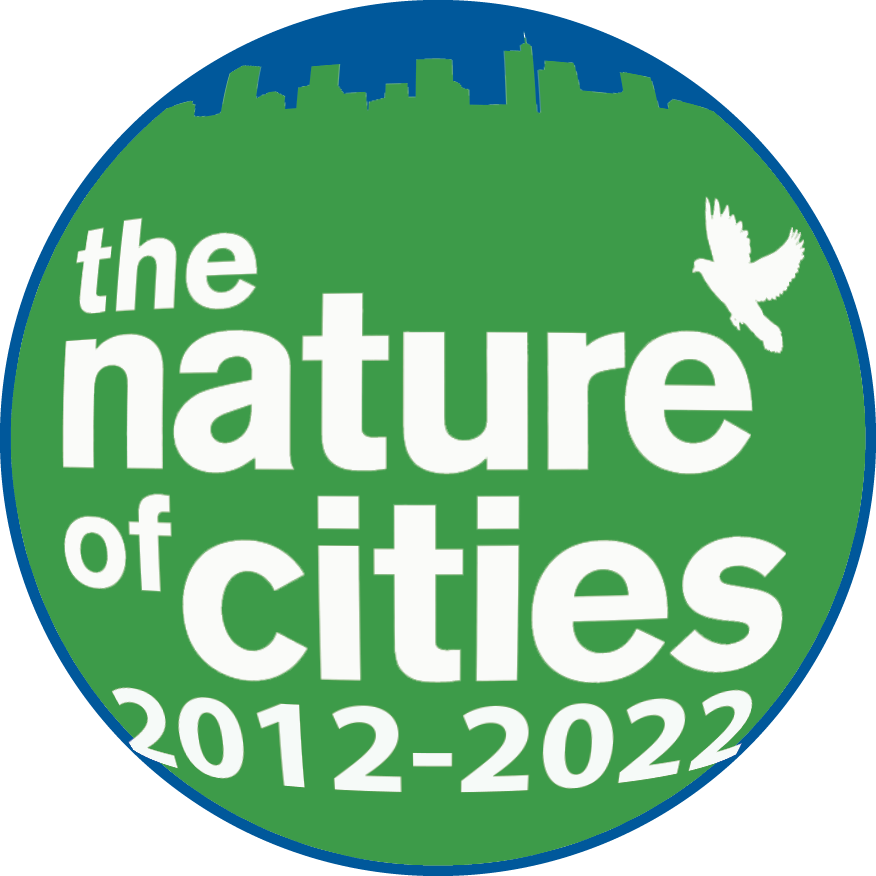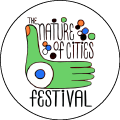5 October 2018
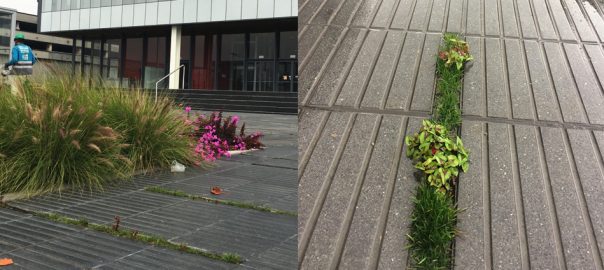
9 Comment(s)
Join our Conversation
2 October 2018
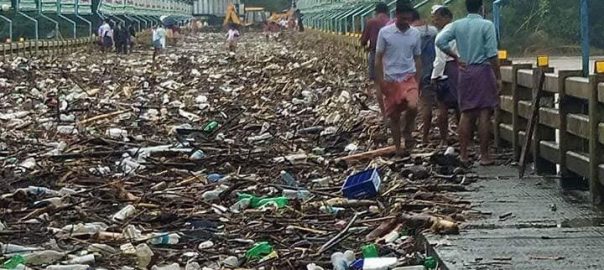
Sustainable cities can be viewed from multiple perspectives. Each perspective can highlight or mute certain aspects, leading us to take different positions on complex issues. Take for example the recent floods in Kerala, the southernmost state of India. Unprecedented rainfall led to intense floods across the state. Over 400 people...
5 Comment(s)Join our Conversation
23 September 2018
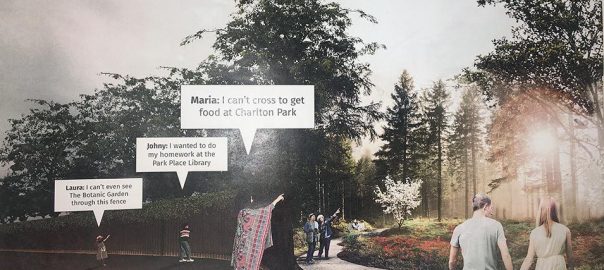
On 14 June 2018, Isabelle Anguelovski participated in the panel Designing, Planning and Paying for Resilience at Rice University Kinder Institute for Urban Research, where she and other leading experts discussed flood mitigation strategies such as low impact design, green infrastructure and urban-scale greenspace preservation, and how they interact with a community’s broader planning efforts....
3 Comment(s)Join our Conversation
20 September 2018

A review of the book Suburban Remix: Creating the Next Generation of Urban Places, Edited by Jason Beske and David Dixon. 2018. 330 pages. ISBN: 9781610918626. Island Press. Buy the book. In the course of solving a design problem, landscape architects and designers will often encounter an unexpected issue that suddenly...
0 Comment(s)Join our Conversation
15 September 2018
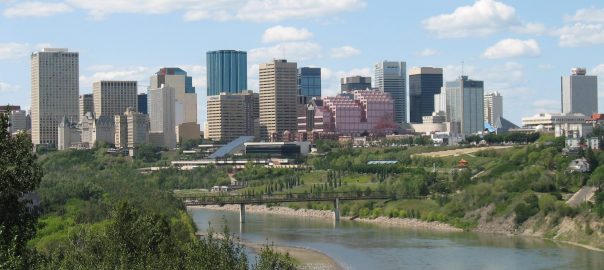
The Challenge of Managing Urban Ecosystems Cities are increasingly understood as mosaics of grey, green, and blue infrastructure that interact in complex ways to affect the wellbeing of urban residents (Ahern 2007, Svendsen and Northridge 2012). In particular, green and blue infrastructure provides important benefits to urban residents (Lovell and...
2 Comment(s)Join our Conversation
12 September 2018
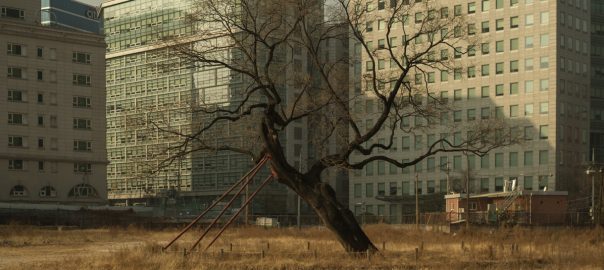
Awake a few hours earlier than necessary, we are on bicycles heading through urban infill, in a part of town that used to be Osaka Bay. Moving inland, we pass through a few old shopping arcades, and several dozen close-knit neighborhood blocks where century-old homes with wood frames and soil...
6 Comment(s)Join our Conversation
9 September 2018
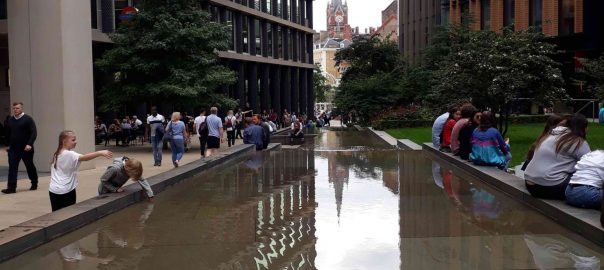
The 2018 London heatwave lasted weeks! I know we Brits like to talk about the weather—but honestly, it has been really hot—and it’s unheard of to be able to go for weeks without worrying about bringing a cardigan, umbrella, or raincoat when you step outside your door. The parks have...
3 Comment(s)Join our Conversation
5 September 2018
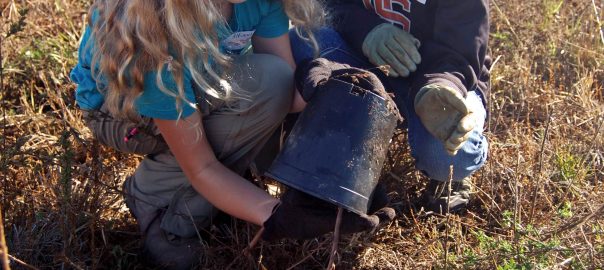
Each morning on my way to work, just west of Portland, Oregon, I pass a thriving new development with hundreds of brand new houses, a beautiful new school, bustling stores and new parks. These new assets, which serve humans so well, have largely replaced the green expanse that characterized this...
2 Comment(s)Join our Conversation
1 September 2018

“What I like about this landscape is that it’s not painted….I can move around into it and feel it. I think about all the things I can find there. But, after I leave this picture, something always changes, and I do too.” —Gabriela Villate, 7 years old. People see a...
12 Comment(s)Join our Conversation
28 August 2018
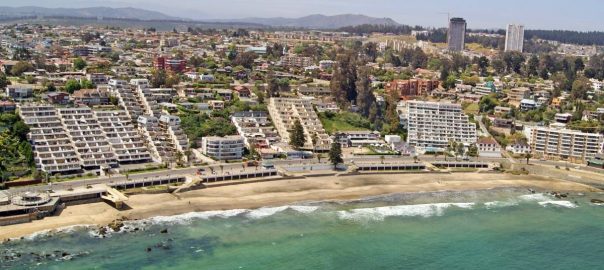
Today, people tend to prefer to live in the same places where the hotspots of biodiversity are located. Many of these hotspots are found in places with a Mediterranean climate, which provide fertile soils for food production and water. As a result, cities are sprawling in areas of high ecological...
1 Comment(s)Join our Conversation
24 August 2018
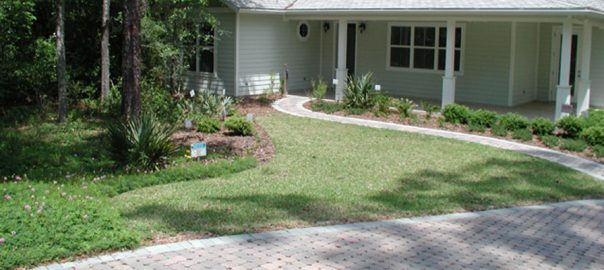
As an urban ecologist interested in biodiversity conservation, I often work with homeowners, developers, landscape architects, planners and other design professionals. With goal of improving urban biodiversity, I attempt to bring more vegetative complexity and native plants into urban landscapes. I will not outline it here, but it is important...
16 Comment(s)Join our Conversation
20 August 2018
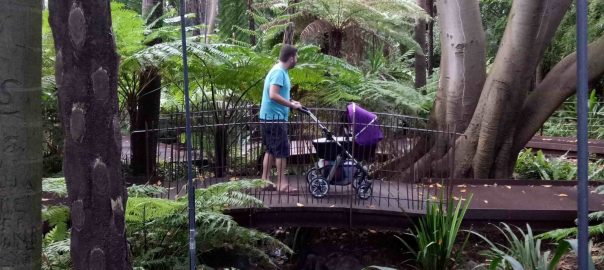
The benefits of nature for general health are well established. Indeed, we intuitively know that green is good for our mental health, but just how good is it? The stress reduction/ supportive design theory posits that viewing or experiencing nature activates our parasympathetic nervous system to reduce stress levels (Ulrich...
3 Comment(s)Join our Conversation
13 August 2018

A review of the book Animal Internet: Nature and the Digital Revolution by Alexander Pschera (English translation from German by Elisabeth Lauffer). 2016. 209 pages.ISBN: 9781939931351. New Vessel Press. Buy the book. Apply the sunscreen, fill the water bottle, and put the damn phone at the bottom of the pack. My (precious)...
0 Comment(s)Join our Conversation
12 August 2018

In 2010, humanity reaches a historical milestone, because the majority of humans started to live in the urban areas for the first time. This milestone produces big pressure on remaining natural habitats inside urban areas, because those areas are the places that can be used to build more housing for...
2 Comment(s)Join our Conversation
7 August 2018
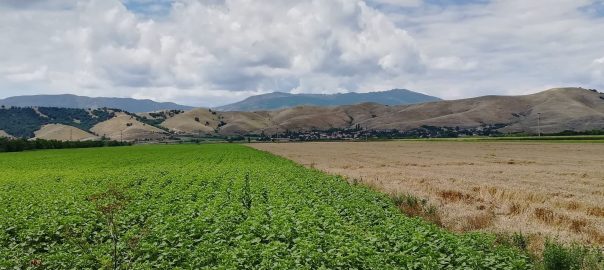
It’s a hot June day in rural Greece. We stop in a run-down gas station on a small secondary road cutting through wheat fields on both sides. We wipe the sweat from our brows. The gas station attendant opens the refrigerator and pulls out a crate of cherries. “Take what...
1 Comment(s)Join our Conversation
2 August 2018
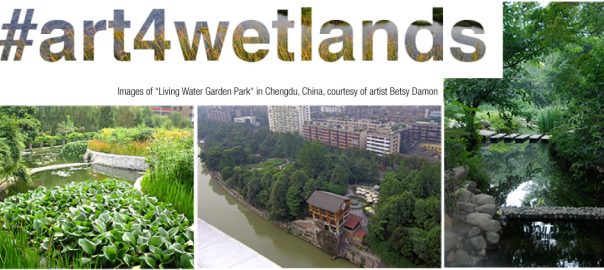
The Ramsar Convention (also known as Convention on Wetlands) is the first of the major intergovernmental convention on biodiversity conservation and wise use. It was signed in 1971, in the City of Ramsar in Iran. This October, the 13th Ramsar Conference of the Parties (COP 13) will take place in...
0 Comment(s)Join our Conversation
24 July 2018
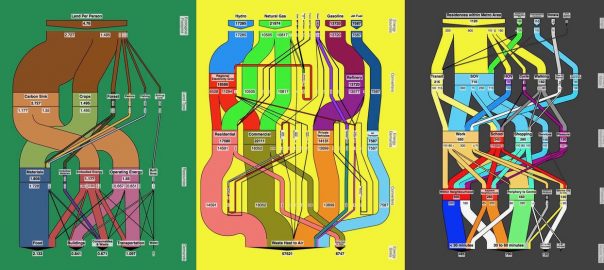
Like the human body, cities are living, ever-evolving organisms. Just as diet, exercise, sleep, or laughter can be seen as indicators of our personal physical and emotional well being, the ways in which goods, water, commuters, or food move through the urban ecosystem determines a city’s health and sustainability within...
0 Comment(s)Join our Conversation
20 July 2018
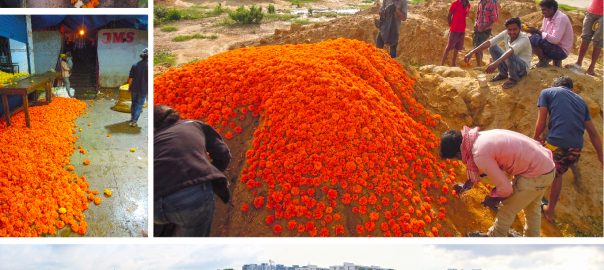
To begin to grasp Bangalore’s frenetic patterns of urbanization, Google Earth offers an interesting place to start. Yet despite its much lauded reputation as India’s “Silicon Valley”, the “street view” function is still unavailable here. It appears to be the case that in a city which boasts among the worst...
1 Comment(s)Join our Conversation
17 July 2018
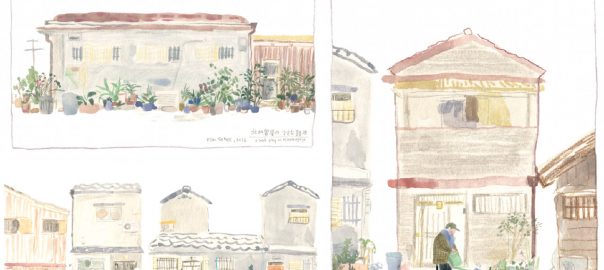
A review of “A Local Neighborhood Traveler,” an exhibition of painting and drawing by Korean artist Se Hee Kim at the Boroomsan Museum of Art in Gimpo, South Korea. On the outskirts of Seoul, tucked away into a traditional hillside garden is the Boroomsan Museum of Art. The museum sits...
1 Comment(s)Join our Conversation
17 July 2018
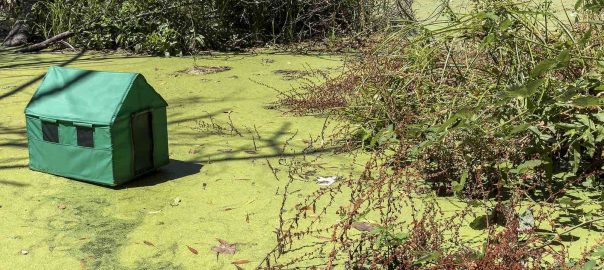
It is late June and we are up to our knees floating a small tent sculpture in a containment pond filled with a thick green milkshake-like goo. A combination of duck week and blue-green algae (cyanobacteria), this overgrowth or bloom is probably caused by fertilizer run-off from the surrounding cemetery...
0 Comment(s)Join our Conversation

